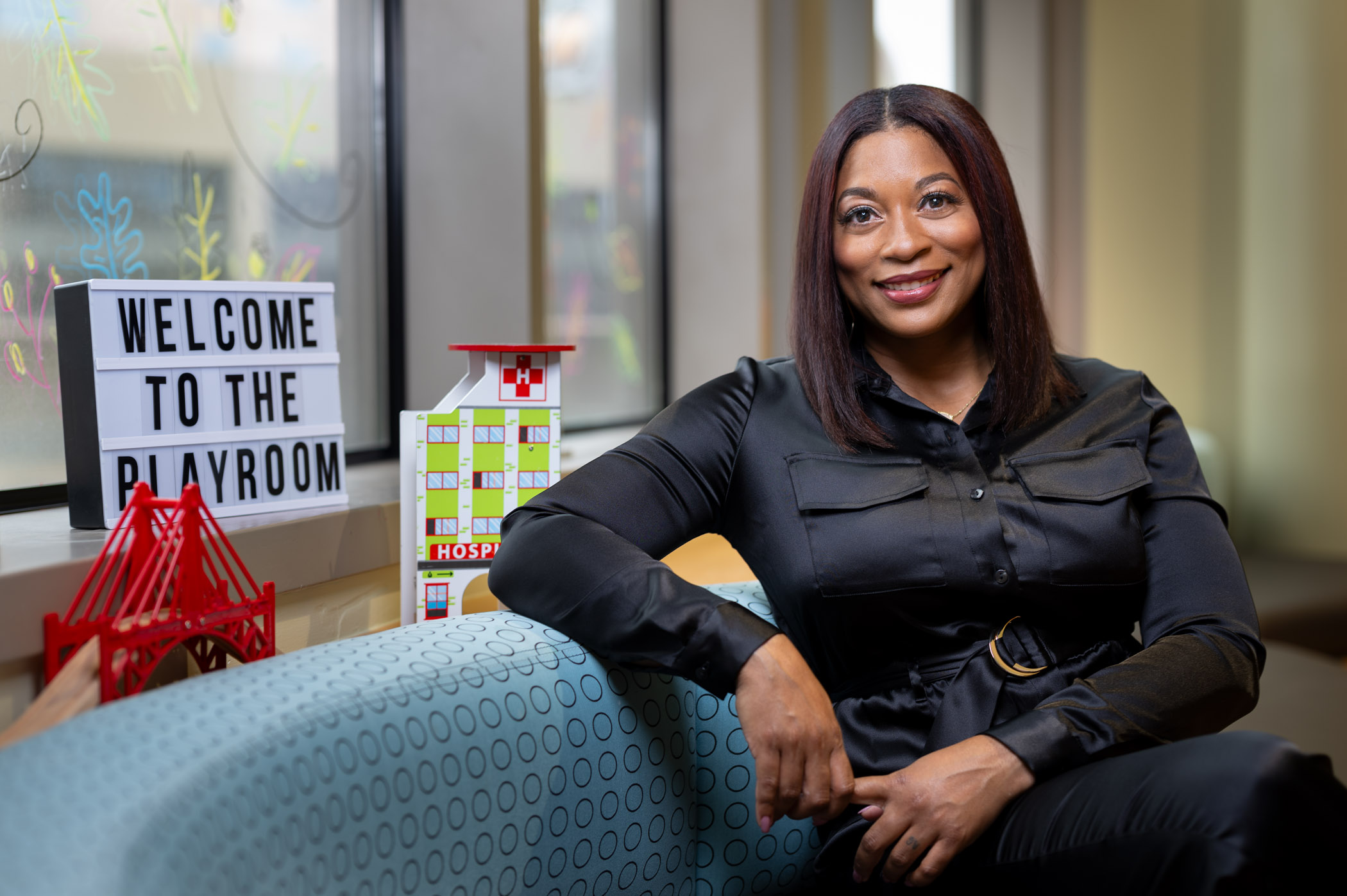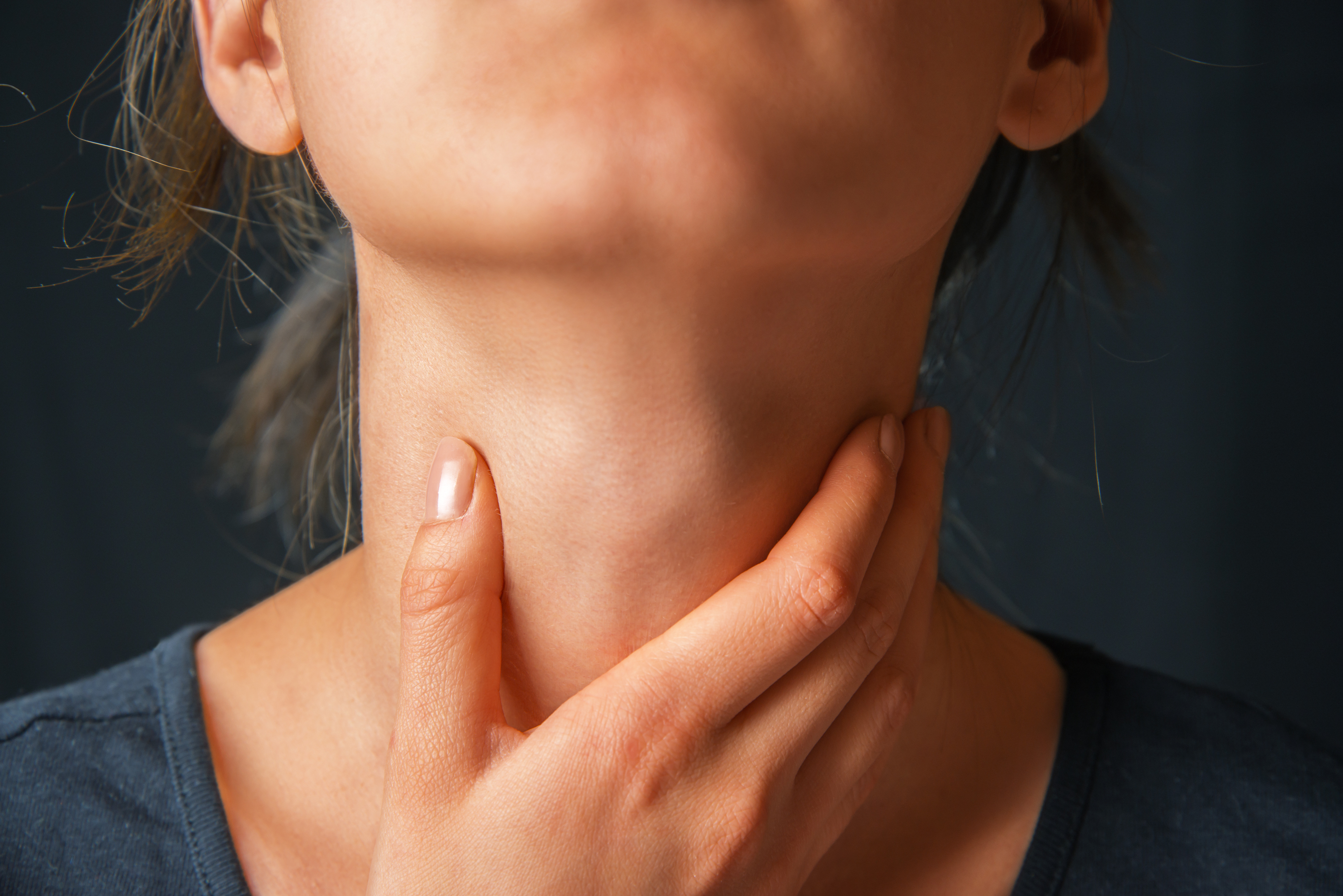- Diseases
- Acoustic Neuroma (16)
- Adrenal Gland Tumor (24)
- Anal Cancer (70)
- Anemia (2)
- Appendix Cancer (18)
- Bile Duct Cancer (26)
- Bladder Cancer (74)
- Brain Metastases (28)
- Brain Tumor (234)
- Breast Cancer (728)
- Breast Implant-Associated Anaplastic Large Cell Lymphoma (2)
- Cancer of Unknown Primary (4)
- Carcinoid Tumor (8)
- Cervical Cancer (164)
- Colon Cancer (168)
- Colorectal Cancer (118)
- Endocrine Tumor (4)
- Esophageal Cancer (44)
- Eye Cancer (36)
- Fallopian Tube Cancer (8)
- Germ Cell Tumor (4)
- Gestational Trophoblastic Disease (2)
- Head and Neck Cancer (14)
- Kidney Cancer (130)
- Leukemia (342)
- Liver Cancer (50)
- Lung Cancer (286)
- Lymphoma (278)
- Mesothelioma (14)
- Metastasis (30)
- Multiple Myeloma (100)
- Myelodysplastic Syndrome (60)
- Myeloproliferative Neoplasm (6)
- Neuroendocrine Tumors (16)
- Oral Cancer (102)
- Ovarian Cancer (178)
- Pancreatic Cancer (162)
- Parathyroid Disease (2)
- Penile Cancer (14)
- Pituitary Tumor (6)
- Prostate Cancer (150)
- Rectal Cancer (58)
- Renal Medullary Carcinoma (6)
- Salivary Gland Cancer (14)
- Sarcoma (238)
- Skin Cancer (302)
- Skull Base Tumors (56)
- Spinal Tumor (12)
- Stomach Cancer (66)
- Testicular Cancer (28)
- Throat Cancer (92)
- Thymoma (6)
- Thyroid Cancer (100)
- Tonsil Cancer (30)
- Uterine Cancer (86)
- Vaginal Cancer (18)
- Vulvar Cancer (22)
- Cancer Topic
- Adolescent and Young Adult Cancer Issues (22)
- Advance Care Planning (12)
- Biostatistics (2)
- Blood Donation (18)
- Bone Health (8)
- COVID-19 (360)
- Cancer Recurrence (120)
- Childhood Cancer Issues (120)
- Clinical Trials (628)
- Complementary Integrative Medicine (22)
- Cytogenetics (2)
- DNA Methylation (4)
- Diagnosis (240)
- Epigenetics (6)
- Fertility (62)
- Follow-up Guidelines (2)
- Health Disparities (14)
- Hereditary Cancer Syndromes (128)
- Immunology (18)
- Li-Fraumeni Syndrome (8)
- Mental Health (122)
- Molecular Diagnostics (8)
- Pain Management (62)
- Palliative Care (8)
- Pathology (10)
- Physical Therapy (18)
- Pregnancy (18)
- Prevention (940)
- Research (390)
- Second Opinion (78)
- Sexuality (16)
- Side Effects (616)
- Sleep Disorders (10)
- Stem Cell Transplantation Cellular Therapy (216)
- Support (408)
- Survivorship (330)
- Symptoms (182)
- Treatment (1794)
Teen brain cancer survivor: Be a warrior, not a victim
3 minute read | Published February 07, 2018
Medically Reviewed | Last reviewed by an MD Anderson Cancer Center medical professional on February 07, 2018
In high school, I didn’t have much of a social life. I had trouble with insomnia, anxiety, paranoia, depression and apathy. As time went on, it became increasingly disruptive to my life.
Then, when I was 16, I learned that my mental torment wasn’t just teenage anguish -- it was a brain tumor. During a physical, a nurse noticed that my pupils didn’t react to her light, so I was taken to a neurologist for an MRI.
The MRI scan revealed a lemon-sized tumor growing on my pineal gland, a small gland in the brain responsible for producing the hormone melatonin. It was surprising because I hadn’t experienced more common physical brain tumor symptoms like headaches or seizures. Even though I was in complete shock after hearing I had brain cancer, I felt hope for being cured and finally finding an answer to my problems.
My brain tumor treatment and side effects
After a biopsy at our local hospital, I was diagnosed with pineal region germinoma. My family chose to bring me to MD Anderson because of the success stories they’d heard and the hospital’s superb reputation for cancer care.
I started treatment with four rounds of chemotherapy in early 2008, followed by 30 rounds of proton therapy radiation to the brain. The chemotherapy caused mild neuropathy in my feet; they tingled when I woke up and touched the floor. The proton therapy made some of my social issues worse. I had trouble thinking of what to talk about, which caused even more frustration and anxiety.
I finished treatment and was declared cancer-free by the end of 2008. But it took longer for my neuropathy and mental issues to improve. I continued to feel socially handicapped. I was suicidal for years, unable to cope with the thought of losing my teenage years.
Making up for lost time
In 2016, I was accepted to Texas State University, and I finally started coming back to life. Now, I talk to everyone in my classes. I have a large group of friends, and I’m very social. I guess you could say I’m making up for lost time!
My goal is to become a writer, speaker and advocate for teenage cancer survivors. Even after I finished treatment and my brain tumor was physically gone, it took a long time to heal and recover mentally and emotionally. I continue to check in with my neuro-oncologist, John Slopis, M.D., every six months to monitor my health.
During treatment, I listened to a lot of music -- everything from John Mayer to heavy metal. I learned to play guitar a few years before my diagnosis, but brain cancer took away my interest in playing for a long time. I only began playing again as I started to feel better recently. It really helped me to start entertaining myself in a creative, positive way.
Advice for teenage cancer survivors
As I’ve learned, it’s important not to look at yourself as a victim. I used to see being a cancer survivor as a cold, hard reality. But I want to encourage other teen cancer survivors to not stumble into a negative mindset like I did. Stay confident. Stay positive. Know that it will be OK. You are a warrior!
Request an appointment at MD Anderson online or by calling 1-877-632-6789.
Related Cancerwise Stories

I’m making up for lost time.
Zachary Grubbs
Survivor





